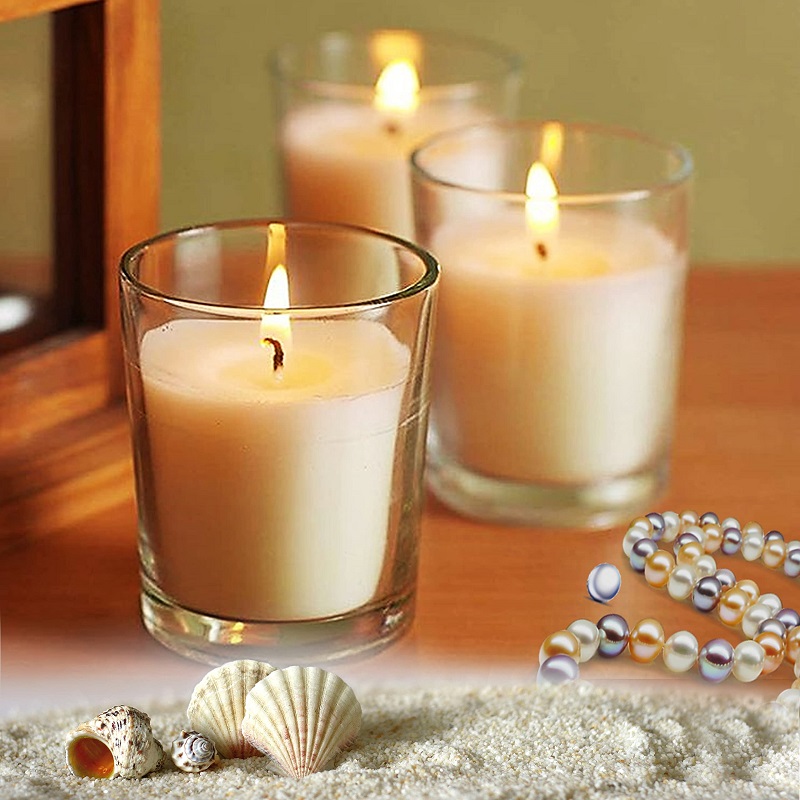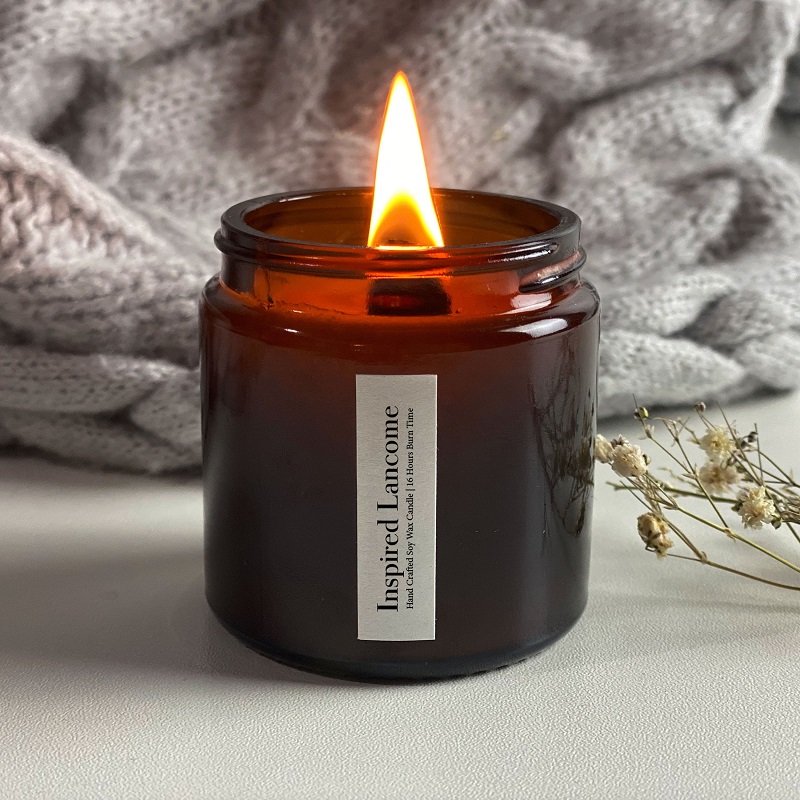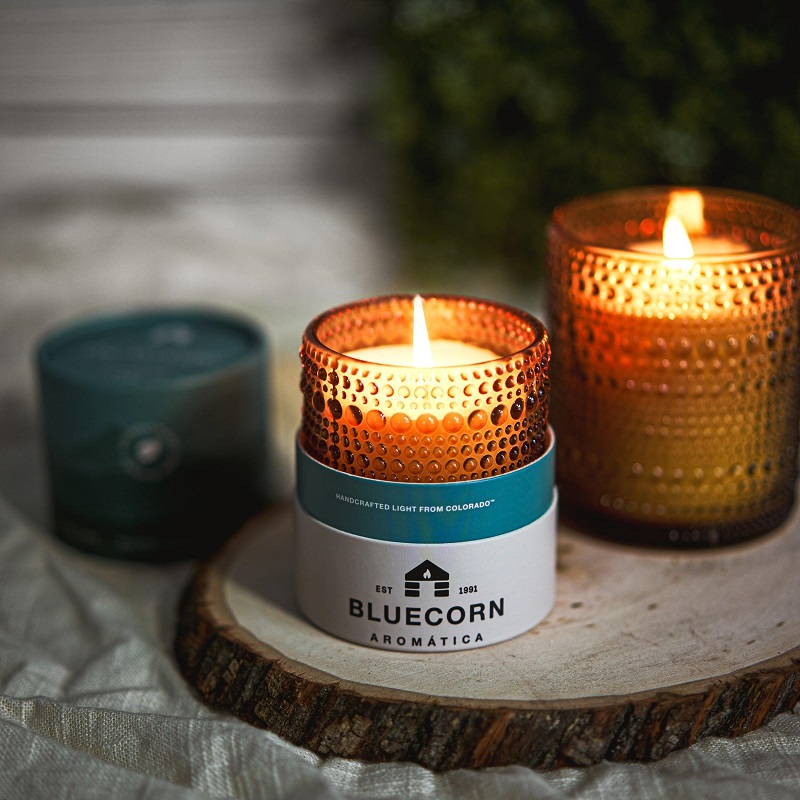Introduction to Scented Candles
Scented candles have become increasingly popular in homes worldwide, celebrated for their ability to create a cozy atmosphere and mask unpleasant odors. These candles come in various fragrances, ranging from floral and fruity to spicy and woody, offering a sensory experience that many find comforting. However, as their popularity grows, so do concerns about their potential health impacts. This article delves into the composition of scented candles, the potential risks associated with their use, and how to enjoy them safely.
The Composition of Scented Candles
Types of Wax Used
Most scented candles are made from paraffin wax, beeswax, soy wax, or palm wax. Paraffin wax, a byproduct of petroleum, is the most commonly used wax due to its affordability and ability to hold fragrance well. However, it can release harmful chemicals when burned. Soy wax, derived from soybeans, has gained popularity as a more eco-friendly alternative, while beeswax is valued for its natural properties and long burn time. Understanding the type of wax used in your candles is essential for assessing potential health risks.

Fragrance and Additives
In addition to wax, scented candles contain various fragrances and additives. These fragrances can be synthetic or natural, with synthetic options often raising concerns due to the chemicals they may release when burned. Some candles also contain dyes and other additives that can contribute to indoor air pollution. It’s crucial for consumers to be aware of what is in their candles and how these components may affect their health and the environment.
The Potential Risks of Burning Scented Candles
Indoor Air Quality Concerns
Burning scented candles can impact indoor air quality, especially if they are made from paraffin wax. When lit, these candles can release volatile organic compounds (VOCs), which include chemicals like toluene and benzene. Prolonged exposure to high levels of VOCs can lead to respiratory issues, headaches, and other health problems. While occasional use of scented candles is unlikely to cause significant harm, those with pre-existing respiratory conditions should exercise caution.
Allergens and Irritants
Some individuals may be sensitive or allergic to certain fragrances or additives in scented candles. Symptoms can include headaches, skin irritation, or respiratory discomfort. People with asthma or other allergies may find that burning scented candles exacerbates their symptoms. If you notice any adverse reactions when using scented candles, it may be worth considering fragrance-free alternatives or opting for candles made with natural ingredients.
How to Choose Healthier Scented Candles
Opting for Natural Ingredients
When selecting scented candles, consider choosing those made from natural waxes such as soy or beeswax, and look for products that use essential oils for fragrance instead of synthetic scents. Essential oils offer a more natural aroma and are less likely to release harmful chemicals when burned. Additionally, candles with a single ingredient or minimal additives can be a healthier choice, ensuring that you are not exposing yourself to unnecessary toxins.
Reading Labels and Certifications
Always check the labels on scented candles for information about their ingredients. Look for candles that are labeled as “free from” harmful chemicals such as phthalates, parabens, and formaldehyde. Certifications from recognized organizations can also indicate a commitment to safety and environmental responsibility. By being an informed consumer, you can make choices that prioritize your health and well-being.
The Benefits of Scented Candles
Psychological Well-Being
Despite the potential risks, many people enjoy the psychological benefits of scented candles. Fragrances like lavender can promote relaxation, while citrus scents may enhance mood and energy levels. The act of lighting a candle can also create a calming ritual, helping to reduce stress and anxiety. For those who use scented candles mindfully and in moderation, the emotional benefits can outweigh potential health concerns.
Enhancing Home Environment
Scented candles can enhance the overall ambiance of a space, making it feel more inviting and comfortable. The right fragrance can evoke memories and create a warm, welcoming atmosphere for guests. Additionally, candles can serve as decorative elements, adding to the aesthetic appeal of your home. When used responsibly, scented candles can be a lovely addition to your living space.
Safe Practices for Burning Scented Candles
Ventilation is Key
To minimize any potential health risks, ensure that your space is well-ventilated when burning scented candles. Open windows or use exhaust fans to improve air circulation. This practice can help dilute any VOCs or irritants released during burning, making the environment safer for you and your family. Proper ventilation is particularly important for individuals with respiratory issues.
Monitoring Burn Time
Another essential practice is to monitor how long you burn scented candles. It’s advisable to limit burn time to a few hours at a stretch, allowing the air quality to improve between uses. Always extinguish candles when you leave the room and keep them away from drafts or flammable materials. By being mindful of burn time, you can enjoy your candles without compromising your health.

Alternatives to Scented Candles
Diffusers and Essential Oils
If you’re concerned about the health impacts of burning candles, consider using essential oil diffusers as an alternative. These devices disperse essential oils into the air without combustion, eliminating the release of harmful byproducts. You can choose from a wide range of natural scents, allowing you to create a pleasant atmosphere without the risks associated with burning candles.
Natural Incense and Wax Melts
Natural incense made from herbs and essential oils can also provide an aromatic experience without the drawbacks of traditional candles. Additionally, wax melts, which are heated to release fragrance without a flame, can be a safer option. These alternatives offer a way to enjoy pleasant scents while being mindful of indoor air quality.
Candle Safety Tips
When burning scented candles, safety should always be a priority. Here are some key tips to ensure safe candle use in your home:
Keep Candles Away from Flammable Objects
Always position candles on stable surfaces away from anything that could catch fire, such as curtains, paper, or decorations. Use candle holders that are sturdy and designed to contain wax drips and prevent tipping over. This simple precaution can significantly reduce the risk of accidental fires.
Trim the Wicks
Before lighting a candle, trim the wick to about 1/4 inch. A shorter wick will produce a smaller flame, leading to less soot and smoke. Regularly trimming the wick also helps prevent the candle from burning too quickly, allowing you to enjoy it longer.
Use in a Controlled Environment
Avoid burning candles in places with high traffic or where they can be easily knocked over. It’s best to use them in a controlled environment where they can be monitored closely. Consider using candle warmers for a flameless option that still provides fragrance without the fire hazard.

Choosing Quality Candles
The quality of the candles you choose can have a significant impact on both your health and your enjoyment of the product. Here are some factors to consider:
Look for Natural Ingredients
Opt for candles made from natural materials, such as soy or beeswax, instead of paraffin wax, which can release harmful chemicals when burned. Natural candles are not only better for your health but also tend to burn longer and more cleanly.
Check for Quality Fragrances
Choose candles that use high-quality, natural fragrances rather than synthetic ones. Look for labels that specify the use of essential oils or natural fragrance blends, which can provide a more pleasant and less irritating scent.
Conclusion: Balancing Enjoyment and Safety
In conclusion, while scented candles can offer a range of benefits for mental well-being and home ambiance, it’s essential to be aware of their potential health impacts. By choosing candles made from natural ingredients, ensuring proper ventilation, and monitoring burn time, you can enjoy the comforting scents without compromising your health. Exploring alternatives like essential oil diffusers or natural incense can also help you maintain a pleasant atmosphere in your home while minimizing risks. Ultimately, being an informed consumer allows you to balance enjoyment with safety in your use of scented candles.


